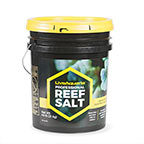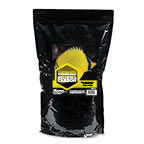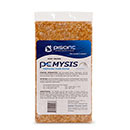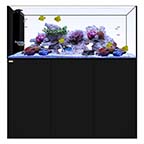
Additional locales and sizes may be available!
Additional locales and sizes may be available! Email me when availableQuick Stats
What do these Quick Stats mean? Click here for more information
What do these Quick Stats mean? Click here for more information
Overview
It should be housed in a 30 gallon or larger aquarium with plenty of loose coral rubble, and a tight-fitting lid to prevent it from jumping out of the tank. It requires ample swimming room and a sand bottom for occasional burrowing. In the wild, Lined Dartfish are found in pairs, and should be housed in the home aquarium as such. They are timid around larger fish and should be kept with other peaceful small fish.
The Lined Dartfish diet should include chopped or shaved seafood, brine shrimp, and mysis shrimp.
Approximate Purchase Size: 1" to 4"










